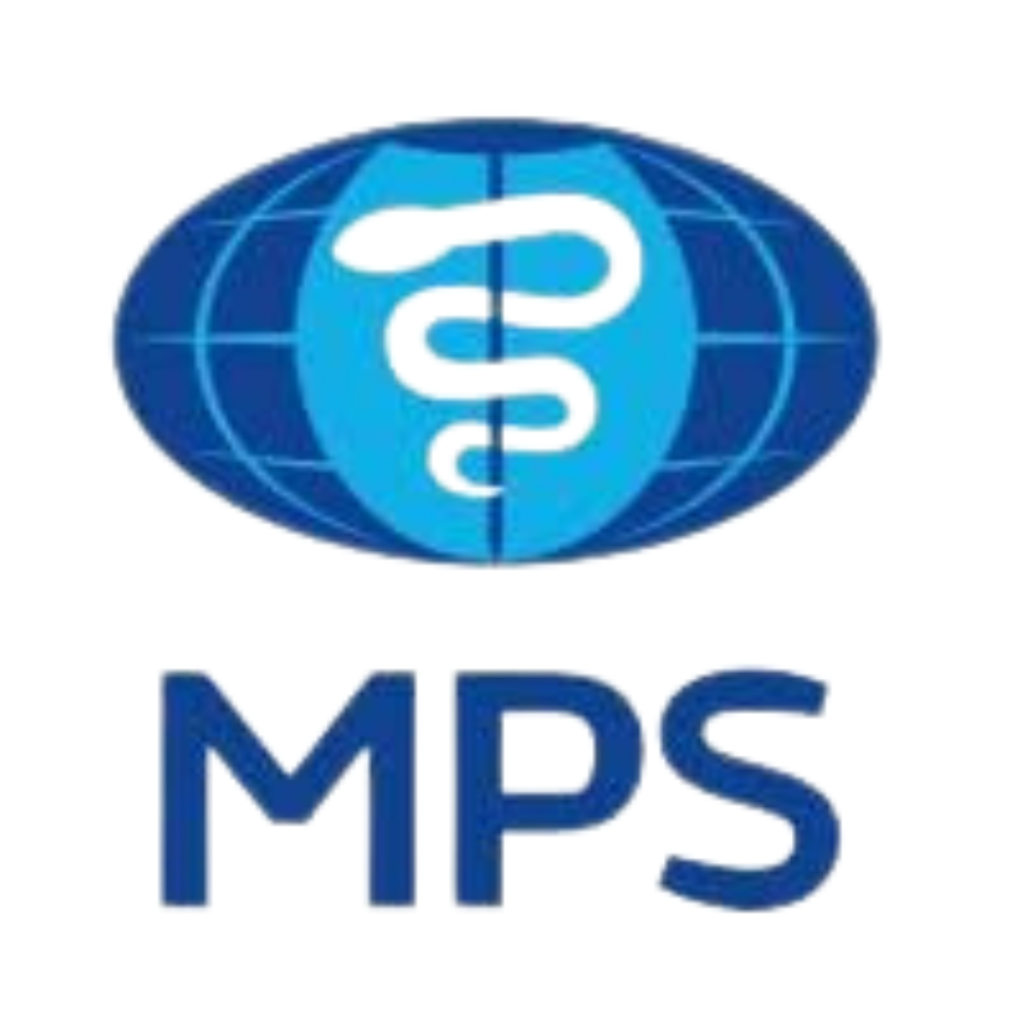The hum of the projector behind you, the feeling of people staring as their pens jitter from a table that won’t stop shaking. Why is the table shaking? You look down the row and see people struggling to write on their screens, some of them shooting you a glare. Suddenly, you realise it’s your leg bouncing up and down, making a slight squeaking noise. You stop. The table stops shaking, the noise ceases, and the girl next to you whispers a disgruntled “thanks.”
“Okay, everyone, we’re going to take a minute to answer this Mentimeter question—let’s see how you do!” A wave of anxiety and panic washes over you as you try to recall what was said for the last 30 minutes. But all you can remember is the person sitting in front of you playing Minecraft, down to their last three hearts in a fight. You put on your headphones and open Insendi, deciding to go through another lecture instead. But the rustling of coats, the bumping of shoulders—it all becomes too much, and you leave.
This is my lecture experience as a medical student with ADHD. No, I’m not dumb for not knowing the answers to the Mentimeter questions. Yes, I’ve tried the Pomodoro method. And no, I don’t have a “real diagnosis.” My name is Haider Kazmi. I did four A-Levels, won gold in Olympiads, and got told off a lot for chatting in class.
If any of this resonates with you, I’m hoping to share some advice in this blog—so please read on (and feel free to take breaks if needed!). If you’re a member of faculty, you have a responsibility to read this, not only to help with any difficulties you may have but to better understand a group of people who are severely misunderstood, particularly by educators.
—
What is ADHD?
ADHD is a medical condition. People with ADHD typically have lower levels of dopamine in certain parts of their brain, which can affect time management, executive function, and goal accomplishment. Many people with ADHD conceal their symptoms to assimilate into neurotypical norms—a phenomenon called “masking.” This can be mentally and physically exhausting.
—
ADHD is a Superpower
As much as ADHD has held me back, it has also propelled me forward in life. I attribute much of my academic success to my ADHD—sudden bursts of hyperfocus, creativity, and problem-solving helped me through my A-Levels. The biggest mistake I made when starting medical school (and only realised it was a mistake last week) was thinking I had to change my revision techniques. Everyone told me I couldn’t revise for medical school the way I did for my A-Levels. I threw myself into Anki flashcards, tried to sit through lectures in one go, and none of it worked. I felt like I had failed as a medical student, or that it was just “hard” for everyone and this was the norm.
To be honest, it caused severe issues with my self-esteem, mental health, and overall well-being. But after one week of returning to my A-Level revision techniques, I felt proud of myself academically for the first time in two years. Obviously, remain open to new revision techniques you may come across! Don’t be afraid to try new things, but DO NOT feel pressured to study the way everyone else does. Your brain is different, you will learn differently, and that’s okay.
—
How Can ADHD Affect You Outside of Academics?
Difficulty paying attention and frequent distractions can affect personal relationships. Loved ones may feel you don’t care about them when, in reality, you’re trying your hardest to focus on the conversation. Their awareness can help improve relationships, and your awareness can help you adapt your behaviour in a way that isn’t exhausting. Communication is key, and ADHD should be discussed openly with your loved ones.
People might think you’re unreliable because you may seem disorganised. However, certain tools can help overcome these difficulties, such as using calendars and setting what might seem like an excessive number of notifications.
People with ADHD are also more likely to have other mental health conditions. For example, sleep problems alone affect up to 70% of people with ADHD.
—
A Final Note
I want to make something clear: no amount of medication or revision strategies will make things “easy.” You won’t be able to do things the “normal” way, and that’s okay. Things might be harder for you, but embrace your neurodivergence. Be proud of it.
To lecturers reading this: yes, I may not attend every lecture. I may not interact with live aspects of the session, and I might even have my noise-cancelling headphones in. I’m not trying to be disrespectful, and I’m not choosing to ignore you. I’m trying my hardest.
Haider Kazmi, 1st year medical student




